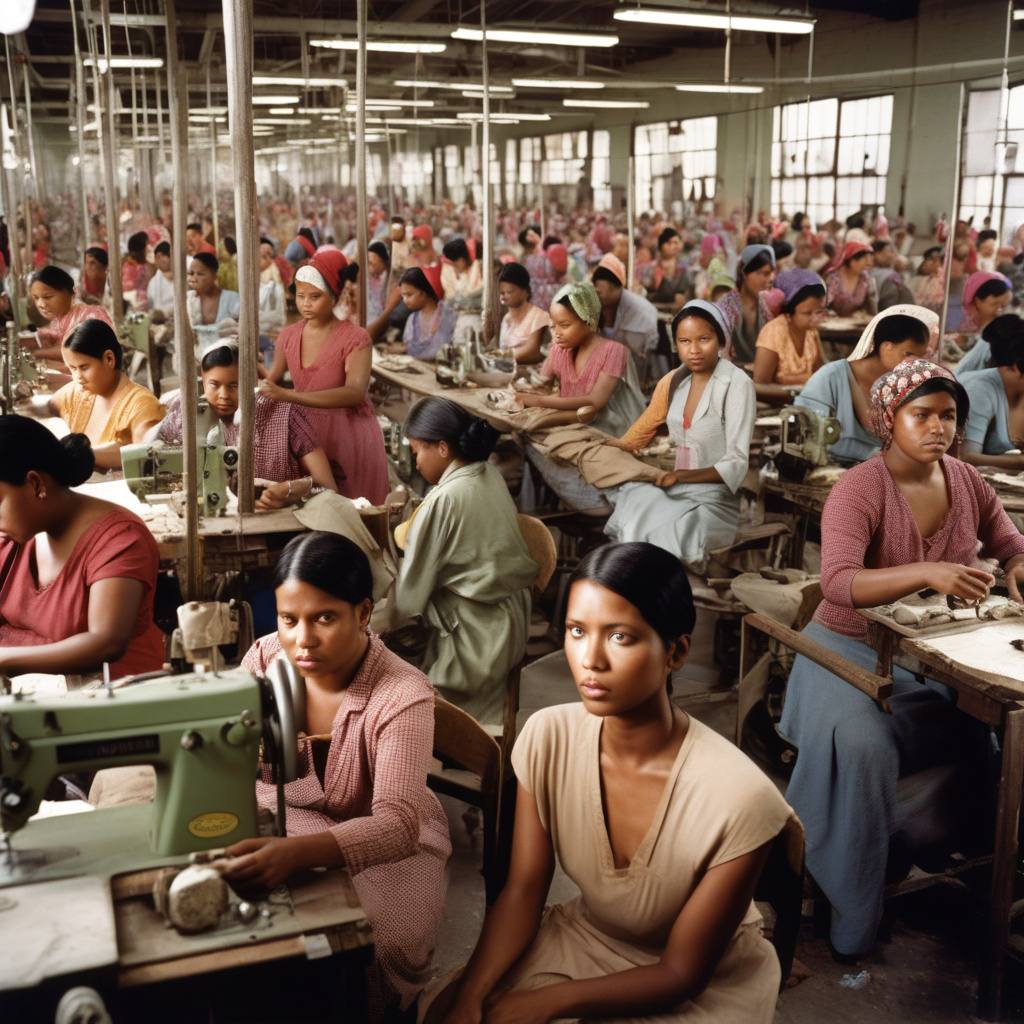Garment Workers Are at Risk. Fashion Can’t Afford to Look Away.
The recent surge in immigration raids by the Trump administration across various US cities has sparked widespread protests and legal battles. While the focus has primarily been on the individuals targeted, there is a significant ripple effect that extends to industries relying heavily on immigrant labor, including the fashion industry. Garment workers, many of whom are immigrants, are particularly vulnerable in this climate of fear and uncertainty.
Despite the political controversy surrounding immigration enforcement, the reality is that many fashion brands have a sizeable number of immigrant workers within their supply chain. These workers play a crucial role in the production process, often laboring in difficult conditions to meet the demands of fast fashion. The current crackdown on immigration not only puts these individuals at risk of deportation but also exposes brands to potential disruptions in their operations.
While some fashion companies may choose to remain silent on the issue, the truth is that they cannot afford to look away. The treatment of garment workers, regardless of their immigration status, directly impacts the integrity of the entire industry. Brands that turn a blind eye to the challenges faced by their workforce risk tarnishing their reputation and alienating socially conscious consumers.
It is imperative for fashion brands to acknowledge the risks faced by garment workers and take proactive measures to support them. This includes developing comprehensive plans to ensure the safety and well-being of all employees, regardless of their background. By implementing fair labor practices, providing access to legal resources, and offering support in the face of immigration challenges, brands can demonstrate their commitment to upholding human rights within their supply chain.
Moreover, fashion companies have a unique opportunity to leverage their influence and resources to advocate for policies that protect immigrant workers. By actively engaging in the public discourse on immigration reform and supporting initiatives that promote inclusivity and diversity, brands can make a meaningful impact beyond their bottom line.
In a time of heightened political tensions and social unrest, the fashion industry has a responsibility to stand up for the rights of all workers, including garment workers at risk of immigration raids. By taking a proactive stance and prioritizing the well-being of their workforce, brands can not only mitigate operational risks but also showcase their dedication to ethical practices and social responsibility.
As the debate on immigration continues to unfold, fashion must not shy away from its duty to protect those who form the backbone of the industry. In a world where actions speak louder than words, it is time for fashion to step up and lead by example in safeguarding the rights and dignity of garment workers.
immigration, fashion industry, garment workers, labor rights, social responsibility












